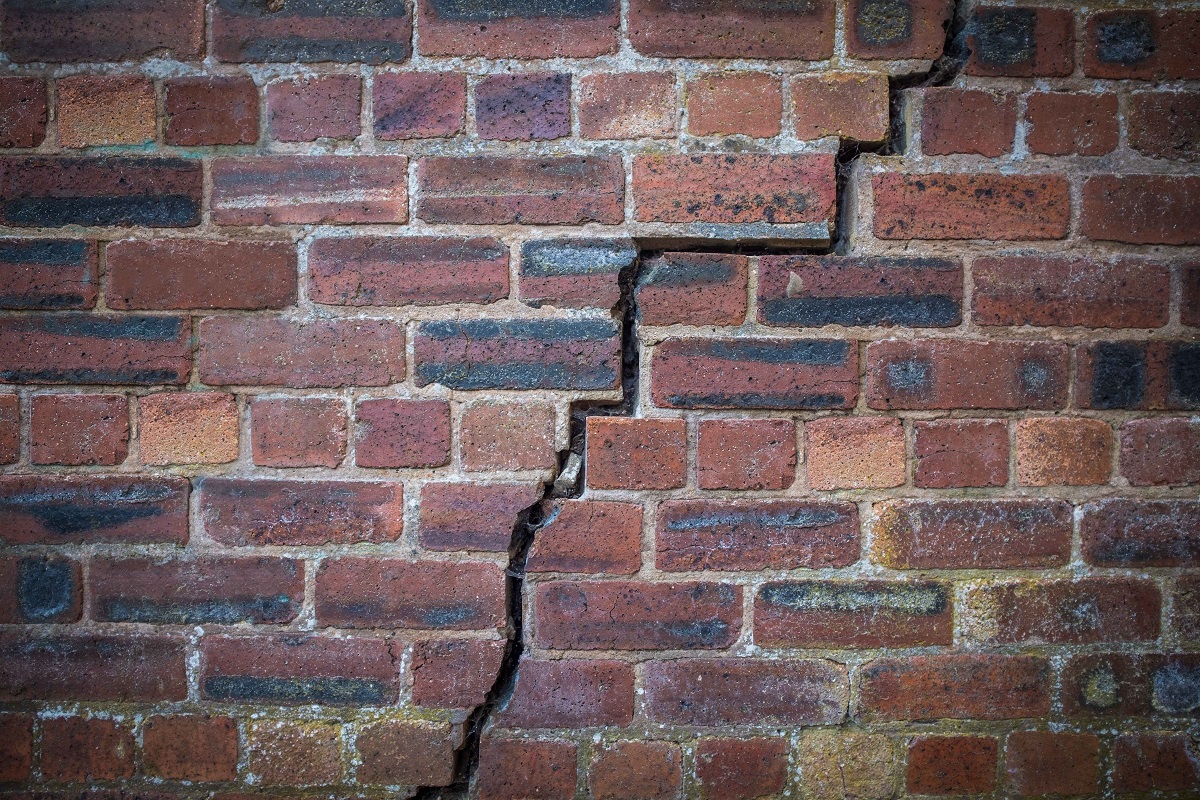What is Structural Forensics?
Structural forensics is the field of engineering that investigates the causes of structural failures in buildings, bridges, and other infrastructure. It involves a thorough examination of structural components to understand why they failed and to recommend measures to prevent future failures. Structural forensic engineers use a combination of engineering principles, forensic science, and investigative techniques to uncover the root causes of structural issues.
This discipline requires an in-depth knowledge of materials science, structural engineering, and construction practices. Structural forensic engineers are often called upon to investigate incidents like building collapses, bridge failures, and other structural malfunctions. They analyze physical evidence, study construction documents, and conduct interviews with witnesses to piece together the events leading up to a failure.
The findings from structural forensics investigations are crucial for improving building codes, safety standards, and construction practices. Forensic engineers also play a key role in legal proceedings, providing expert testimony and reports in cases related to structural failures. By understanding what went wrong, structural forensics aims to prevent similar incidents from occurring in the future, enhancing safety and reliability in the built environment.
Why Learn Structural Forensics Nowadays?
Learning structural forensics is more relevant than ever due to the increasing complexity of modern structures and the critical need for safety in construction and engineering. As buildings and infrastructure age, the potential for structural failures grows, making the work of forensic engineers essential for understanding and preventing such incidents.
One reason to learn structural forensics is its impact on public safety. Structural forensic engineers help identify the causes of failures and propose solutions to prevent them from happening again. Their work leads to safer buildings, bridges, and infrastructure, protecting lives and reducing the risk of catastrophic failures. This field plays a crucial role in maintaining public trust in engineering and construction.
Another reason to pursue structural forensics is its importance in legal and insurance contexts. Forensic engineers are often called upon to investigate incidents for insurance claims and legal cases. Their expertise helps determine liability and informs legal proceedings related to structural failures. This aspect of the field offers a unique career path for those interested in the intersection of engineering and law.
Additionally, learning structural forensics provides an opportunity to contribute to sustainability and resilience. Forensic engineers help identify weaknesses in existing structures, leading to improvements in construction practices and building codes. This work promotes more durable and resilient infrastructure, reducing the need for costly repairs and minimizing environmental impact.
Overall, learning structural forensics offers a rewarding career with a direct impact on safety and resilience in the built environment. It combines technical expertise with investigative skills, providing a unique and challenging career path.
Work in Structural Forensics
Working in structural forensics involves a variety of tasks, from conducting site investigations to analyzing structural components and writing detailed reports. Structural forensic engineers collaborate with architects, civil engineers, construction managers, and legal professionals to determine the causes of structural failures and recommend corrective actions.
A typical day for a structural forensic engineer might include visiting a site to assess the extent of a failure, collecting evidence, and taking photographs for analysis. Engineers use advanced tools like scanning electron microscopes, ultrasound equipment, and infrared imaging to examine structural elements at a microscopic level. They also analyze construction documents and interview witnesses to gather additional information.
Structural forensic engineers often specialize in specific areas, such as building collapses, bridge failures, or structural damage due to natural disasters. Each specialization requires a unique set of skills and knowledge. For example, those investigating building collapses focus on materials science and construction practices, while engineers examining bridge failures need expertise in structural dynamics and loading conditions.
The work environment for structural forensics can vary, with engineers spending time in offices, laboratories, and on-site investigations. This variety keeps the job engaging and allows forensic engineers to see the direct impact of their work on improving safety and preventing future failures.
Career progression in structural forensics can lead to roles like senior forensic engineer, forensic engineering consultant, or expert witness. With experience, engineers may move into leadership positions, overseeing investigations and managing teams. Some structural forensic engineers also choose to work in academia, teaching and conducting research in structural failure analysis.
Overall, working in structural forensics offers a dynamic career with opportunities for growth and specialization. It combines technical challenges with the satisfaction of solving complex problems, making it an exciting field for those passionate about engineering and safety.
Why is Structural Forensics Crucial for Innovation?
Structural forensics is crucial for innovation because it provides valuable insights into why structures fail and how they can be made safer and more resilient. This field drives innovation by uncovering the root causes of structural failures and recommending new materials, construction methods, and safety standards to prevent future incidents.
One area where structural forensics fosters innovation is in building codes and safety standards. Forensic engineers identify weaknesses in existing codes and suggest improvements based on their findings. This innovation leads to safer construction practices and more reliable structures, reducing the risk of catastrophic failures.
Structural forensics is also crucial for material innovation. Forensic engineers study how materials behave under stress and identify failure points, leading to the development of stronger and more durable materials. This innovation contributes to the creation of safer buildings, bridges, and infrastructure that can withstand extreme conditions.
Additionally, structural forensics plays a key role in advancing engineering education. The insights gained from forensic investigations are used to educate future engineers, ensuring they understand the importance of safety and the consequences of structural failures. This knowledge helps create a new generation of engineers who prioritize safety and sustainability in their work.
In summary, structural forensics is crucial for innovation because it provides the information needed to improve safety and reliability in engineering and construction. By embracing new technologies and focusing on safety, structural forensic engineers are leading the way in creating a more resilient built environment.


